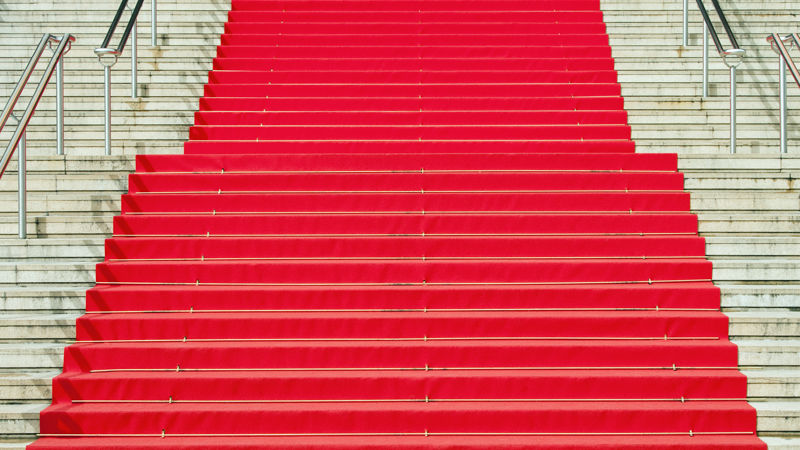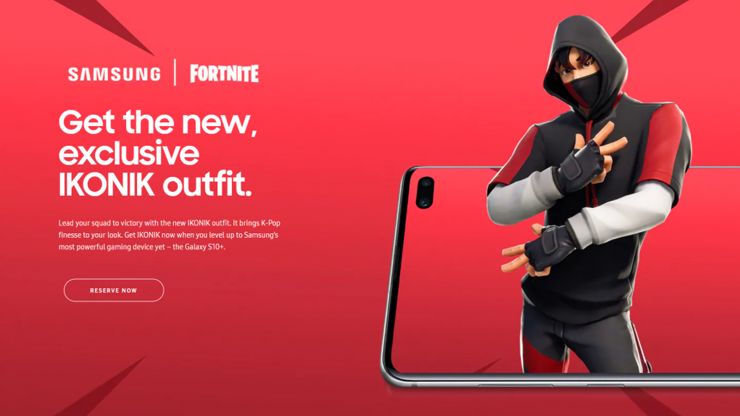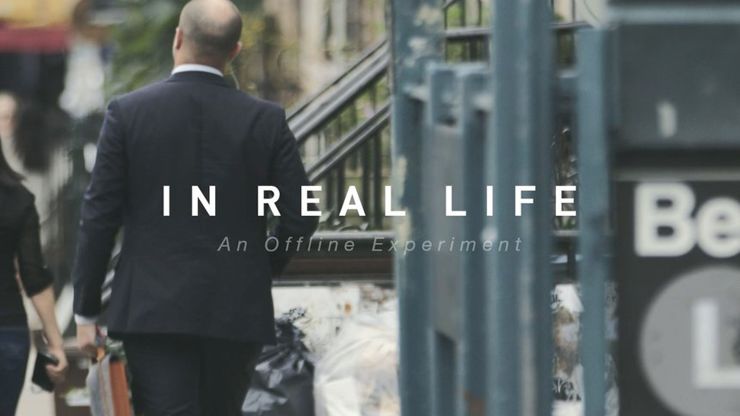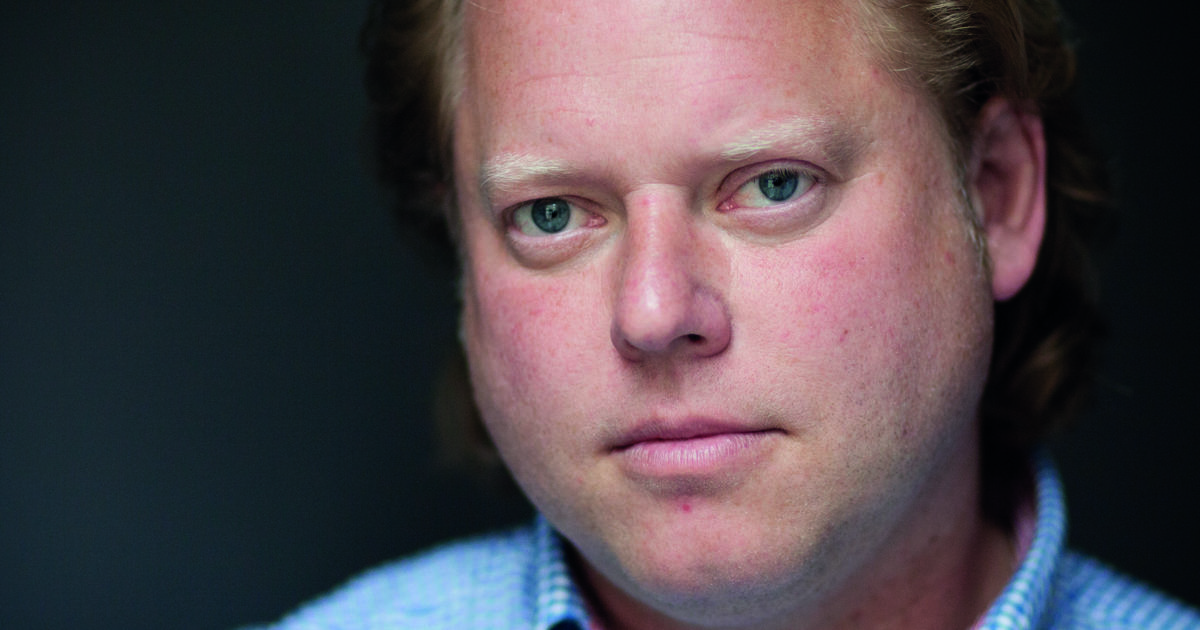Cannes Q&A: Titanium with Owen Lee
We chat with Owen Lee, CCO at FCB Inferno, about the Titanium category.
What impact do you think the altered structure of the festival generally has had since being introduced last year?
I think the changes are positive. Fewer days. Cheaper delegate passes. The retiring of some slightly archaic categories (like integrated) and the inclusion of more relevant ones (like entertainment). I think these are all signs that the organisers are listening to creatives rather than just trying to make money.
More than any other category it is an idealistic celebration of the most important of all the creative disciplines – the imagination.
The criteria for the Titanium Lion seems to alter each year dependent on the jury president’s interpretation of it. What’s your interpretation of what a Titanium Lion should be?
I subscribe to the ‘gamechanger’ tag – a Titanium winner has to somehow open up a new creative frontier. I know that that is an abstract definition. And, yes, it does gives the jury president a huge interpretive leeway. But that for me is the beauty of the Titanium category. More than any other category it is an idealistic celebration of the most important of all the creative disciplines – the imagination.
Has the continued advancement of technology made it easier or harder to create truly groundbreaking advertising ideas?
Easier, without question. Creativity has always been about making a connection with the audience. We have infinitely more ways of doing that now. Of course, it’s easy to fall into the ‘tech for tech’s sake’ trap. But notwithstanding that, technology gives us ways of delivering emotion that simply were not possible even five years ago.
Technology gives us ways of delivering emotion that simply were not possible even five years ago.
Do you think that brands are now more aware of how they need to approach and engage with customers and what their place in a consumer’s life is?
Sure. There is a growing acceptance that while the purpose of a marketing department is to increase sales, awareness or some other specific metric, the purpose of a brand is far more nuanced. Before a commercial transaction can take place, an emotional one has to happen. If a brand doesn’t inspire, engage or capture hearts in some way, its commercial objectives become much harder to realise.
Above, left to right: Samsung's Fortnite Galaxy skin, In Real Life with Monica Lewinsky
What pieces of work (that might fit within this category) have impressed you most over the past few months?
There are many. But to call out just a few: Samsung’s Fortnite Galaxy skin was smart. It shifted the product, sure, but it did that by understanding what consumers really care about. The idea sits perfectly at the intersection of relevance and engagement. Another idea that stood out for me was the anti-bullying campaign, In Real Life with Monica Lewinsky. Simple, irrefutable logic that forces the audience to question their own online behaviour.
What do you think is the most exciting thing about working in advertising at the moment?
I think the scale we work at now is really exciting. Great ideas garner social views in the hundreds of millions. And the scale of our ambition has changed too. We now look beyond the commercial goals and aim to change global perspective and behaviour too.
Will you be attending Cannes Lions this year and if so, what are you most looking forward to?
Hopefully I will. (Unless one of those last-minute things that always seem to crop up, conspires to keep me away).
)




 + membership
+ membership










